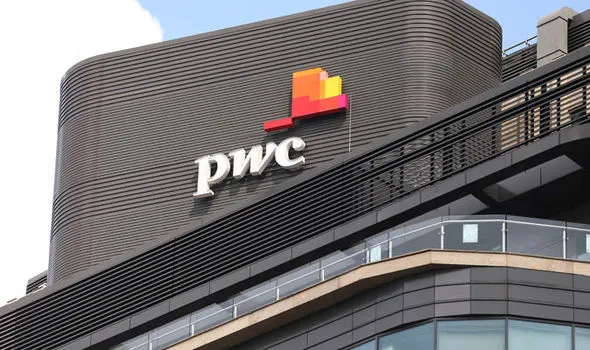PwC in its report has said that the information and communications technology (ICT) sector is the only dominant industry with a fast growth of 8.6 per cent.
It said the sector’s growth might be attributed to the increase in consumption of data services and subscriber numbers. Indeed, in its latest report, PwC revealed that continued inflationary growth and rise in the cost of living might lead to marginal real economic growth in the medium term with a projection of 2.8 per cent growth rate for Nigeria in 2023 and three per cent in 2024.
It stated that Gross domestic product (GDP) is expected to grow marginally in Q3 2023 due to slowdown of economic activities occasioned by prevailing macroeconomic headwinds.
PwC in its Nigerian Economic Outlook – October 2023, stated that inflation is expected to rise in the short to medium-term on the basis of increased petroleum prices and a devalued naira on food, transport and non-food prices, while petroleum products is expected to rise on the back of the rise in the international oil price. This will impact the food, transport and core inflation.
According to it, the marginal growth in GDP by 2.5 per ºcent in Q2 2023 from 2.3 per cent in Q1 2023 was caused by the lingering effect of the cash crunch and the emerging effect of domestic reforms (subsidy removal and foreign exchange (FX) liberalisation).
The PwC Outlook said the financial and insurance sectors growth of 26.8 per cent might be attributed to the rise in interest income, digital transactions and forex revaluation gains.
The transportation and storage sector in Nigeria, according to the report, experienced a significant contraction primarily due to the Federal Government’s removal of the PMS subsidy. This decision resulted in higher PMS prices, prompting many private car owners to opt for public transportation especially those with lower income to reduce their travel.
As a result, it stated that transportation fares for both local and inter-state journeys have risen, deterring many from commuting and impacting their personal and business activities.
Specifically, the report noted that over time, there has been a rise in the inflows of FX from autonomous or non- Central Bank of Nigeria (CBN) sources, which has led to the widening divergence between the official and parallel market rates. Since 2007, the FX inflows from autonomous sources exceeded inflows from the CBN.


